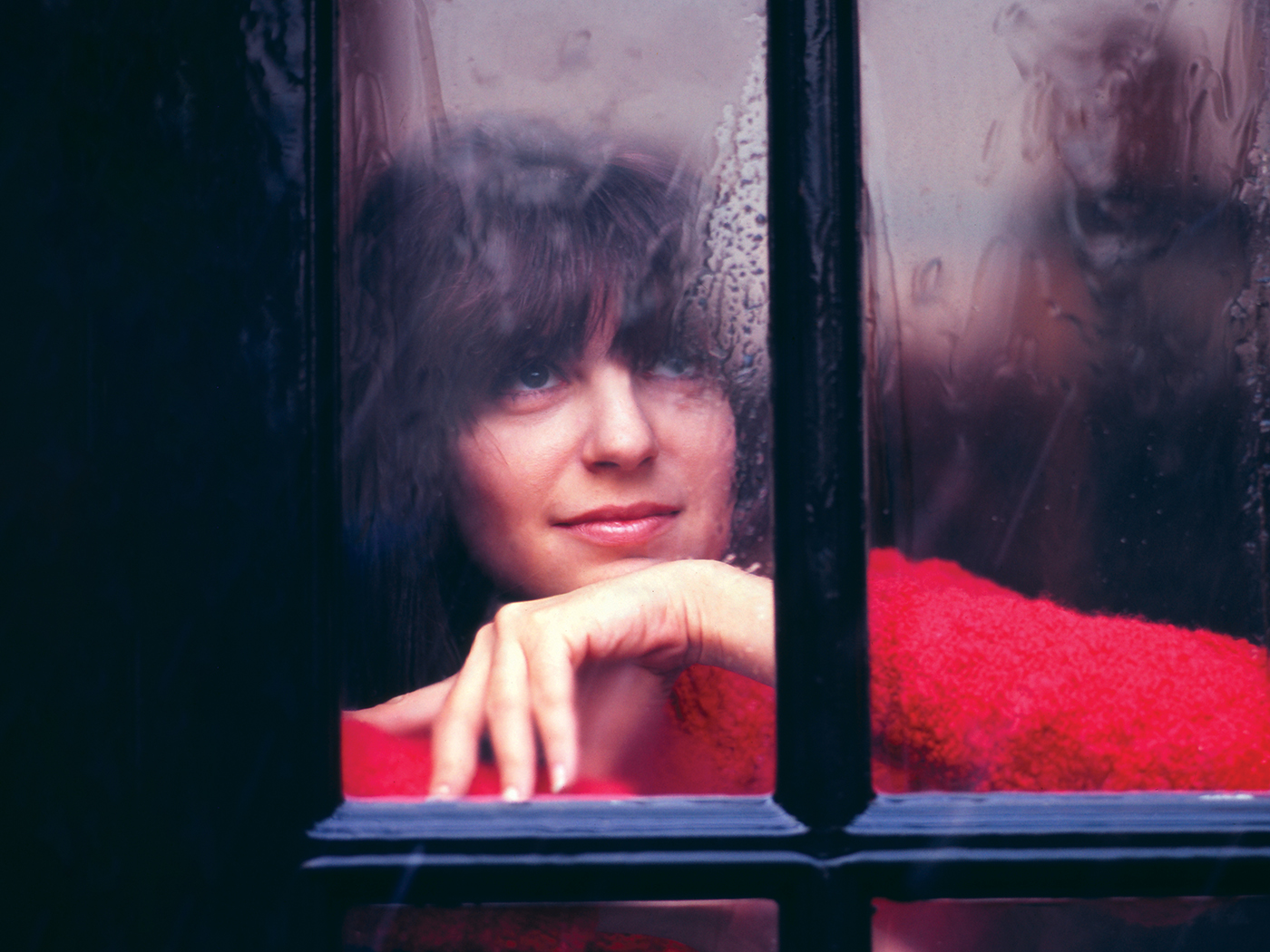During the last 10 or so years of her life, while Margo Guryan was working as a piano teacher, she was given several opportunities to reflect on a career in which her brilliance went unnoticed. There was no bitterness in Guryan’s responses; if anything, she evinced a sense of mild amusement that her demo recordings were being excavated decades after the release of her 1968 album, Take A Picture (once obscure, now hailed as a baroque masterpiece).
THE NEW UNCUT COMES WITH A FREE, ULTRA-COLLECTABLE JOHN LENNON CD – ORDER A COPY HERE
If there was any blame to be attributed, it was Bob Dylan’s fault. Well, not Bob exactly, but his success. After Dylan, Guryan told one interviewer, the music industry changed from a model in which good singers could employ talented songwriters, to the situation in which the songwriter was supposed to be the singer too. This led to a glut of good singers with bad songs, and bad singers with good songs. For Guryan, a brilliant songwriter with limited confidence in the power of her voice, it was a recipe for obscurity.
Guryan’s telling of her own story allows for one moment of ironic disappointment. She always imagined that if she could produce one hit single, everything would change. And there was a hit. Guryan’s song “Sunday Mornin’” was taken to number 30 in the US charts by sunshine pop act Spanky And Our Gang, and was also covered by Bobbie Gentry and Glen Campbell. “Spanky” McFarlane and her gang make a decent stab at it, bringing cool orchestration and glassy harmonies to Guryan’s ode to suburban romance. Gentry and Campbell’s attempt is more restrained; Campbell can’t match the sultriness of Gentry’s vocal. Guryan’s version sounds tribal by comparison. It has funky drums, and – just below the surface – explosive guitar. Then there’s Guryan herself. That voice, halfway between a whisper and a sigh; shy, reluctant, dominant, forever flirting with contradiction.
It sounds smooth, but Guryan’s career had two distinct phases. There was before Brian Wilson, and after. The afterlife begins when Guryan hears “God Only Knows”. After Brian, she starts to understand how to write pop. “I had finally figured out how to connect with a larger world,” she said.
But before? Before pop became interesting, Guryan was a creature of jazz. Not in a trivial way. A fan of Bach, she studied composition at Boston University where she fell under the influence of George Wein, who ran the Storyville club. This led to her playing intermission music at a concert by the Miles Davis Quintet (“Yeah, baby!” was Miles’s instant review). While at college she auditioned for Ahmet Ertegun and Jerry Wexler of Atlantic Records, and was signed as a writer and performer. She was encouraged to “sing out”, an instruction she was ill-equipped to obey. The main fruit of this liaison was the 1958 song “Moon Ride”, Guryan’s first commercial release, as recorded by Chris Connor. It’s an extraordinary song, a lunar escapade on “uneven cheese-coloured ground”. Guryan’s version has a sultry energy, but also displays her verbal skills, rhyming “law enforcers” with “flying saucers”.
Guryan attended a three-week summer school under the supervision of Max Roach. She was in an ensemble with Ornette Coleman and Don Cherry. From there, a career as a writer blossomed. The jazz influence on Guryan’s work isn’t hidden. It’s evident in the skittish drumming on “You Promised”, a song which pulls between Guryan’s playful piano and the understated vamping of her vocal. “The Morning After”, a bittersweet reflection on the moonbeams and daydreams of a mis-spent evening, goes further. The guilty footsteps of the tune clatter along; Guryan rhymes “sorrow” with “tomorrow”. But the power of Guryan’s recording comes from the absence of polish. Self-consciousness about the high notes, Guryan’s reluctance to sing out, adds uncertainty. This blue highway runs past Julie London towards Carole King, with the red taillights of Jane Birkin blinking mistily on the horizon.
As a songwriter, Guryan hoped that others would add their own seltzer. Jackie De Shannon’s playfully orchestrated version of “Think Of Rain” was her favourite, “because it was different”. The song was prompted by Guryan’s exposure to “God Only Knows” but the brilliance of her own version is its playful arrangement, a double-tracked vocal, and a lyric which exists in several different tenses at the same time. It’s a short song, a long sigh. Is it menacing, tender or guilty? All of that.
There is, over the course of these three LPs capturing Guryan’s entire career (including 16 previously unreleased demos), a hint of something you might call a formula. Guryan’s songs have jazz manners, riffing on romantic uncertainty. They flit between promise and regret, compliance and betrayal. Sunday mornings follow Saturday nights. She is a writer for all weathers. There is sunshine. There is rain. Is there menace in there too? Naturally. It is the peril of romance, the fear that follows hope, the verses that stalk vice. Listen to Margo Guryan on “It’s Alright Now” singing “everything will be OK tomorrow, when love is gone.” What sounds like a slow dance is actually a cobra hug of passive aggression. She means it, darling, but what does she mean?
When you purchase through links on our site, we may earn an affiliate commission. Here’s how it works.

